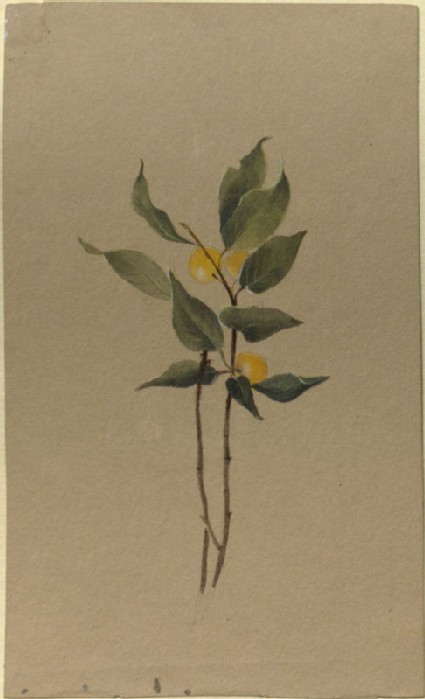
Pomegranates with lily-work above them, wreathing the capitals of the pillars of the porch: that would be the next carved work on the way to the inner sanctuary. The pomegranates would be clustered into the network of the chains – four hundred on the two pillars – so we read in the Chronicles version.
In Canticles the garden of pomegranates in its budding comes three times over, and at the end the spiced wine of the pomegranate.
“Filled with the fruits of righteousness”. . . That is the pomegranate’s word to us: each perfect little jewel of fruit embedded its parchment case. Love, joy, peace, the God-ward side. Then longsuffering, gentleness, goodness, the fruit that is called forth by those around us, and all the more by the difficult points in our surroundings. And then the fruit that comes in the line of our own character building – faithfulness, lowliness, self-control – such is the actual rendering of this last trio.
And, as we see in Micah 7:1, it is ripe fruit for which God looks, in its beauty, and sweetness, and tenderness. And among all the marks of ripeness the most wonderful in the power of reproduction that starts then and there the power of shedding and multiplying around us each of these seeds of the Spirit. “That your fruit should remain” was the Lord’s promise, and see how the “love” of Rutherford, the “joy” of Terstegen and the “peace” of Mme. Guyon have gone on reproducing themselves in generation after generation, and the fruit has remained and multiplied for many a hidden life to which it cannot be traced till the day of manifestation.
~ Lilias Trotter (June 3, 1928)

